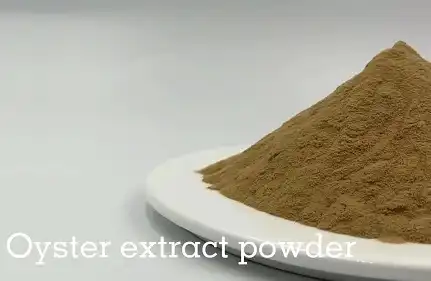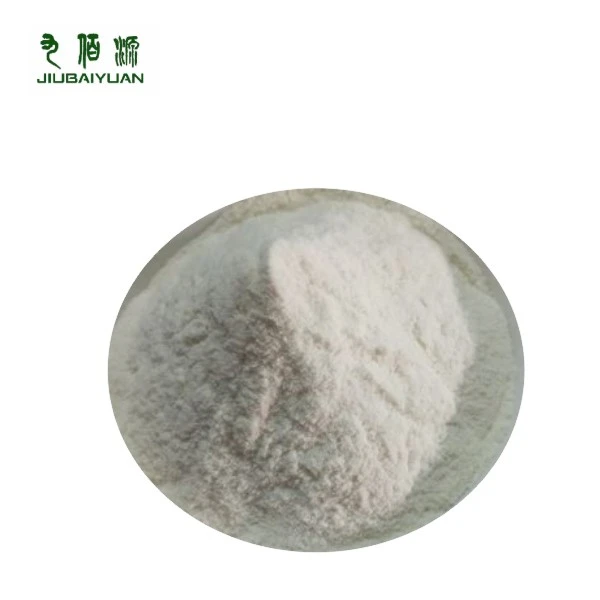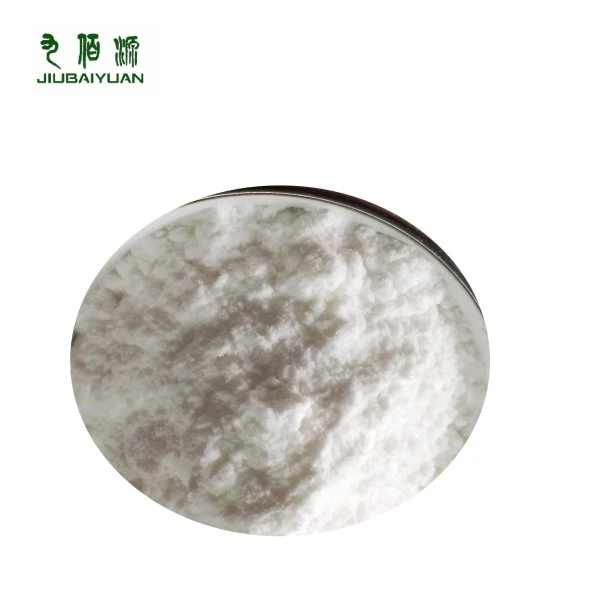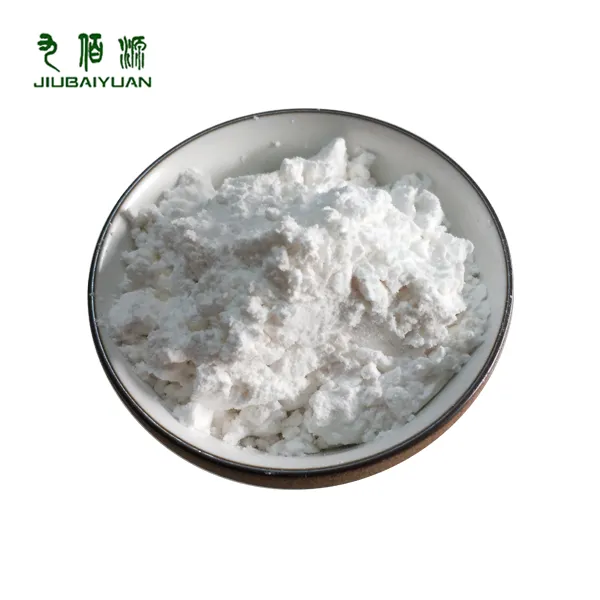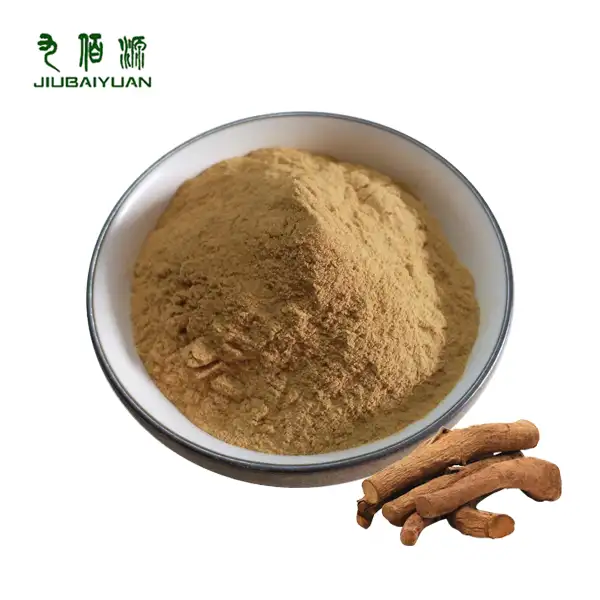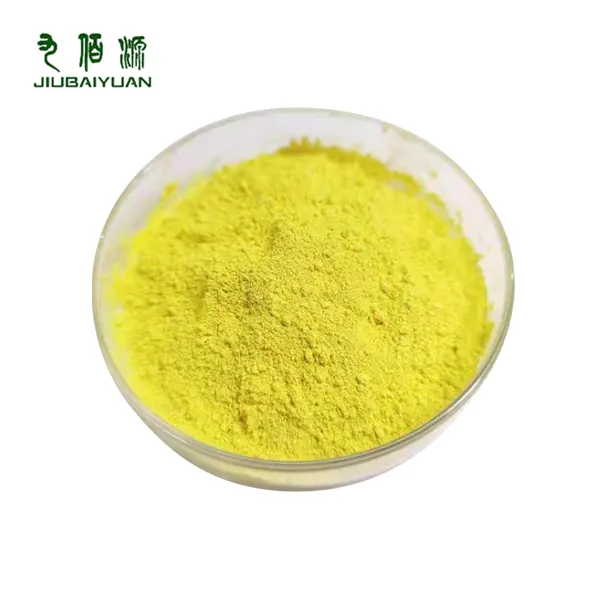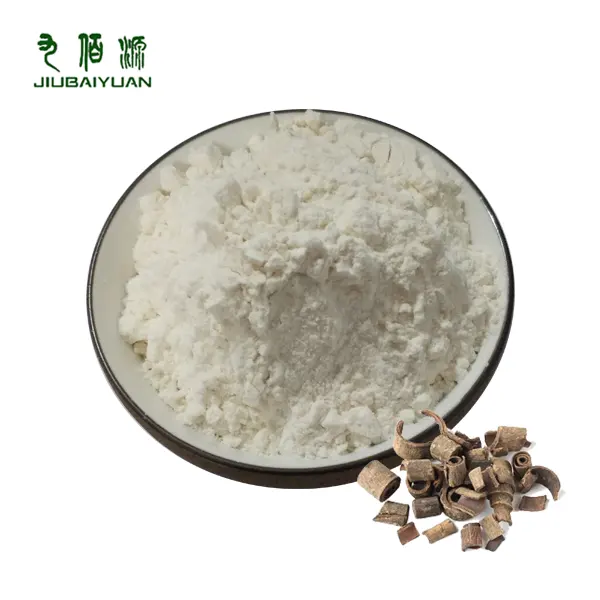Cassia Nomame Extract Benefits for Weight Loss
In the ever-evolving world of weight loss supplements, Cassia Nomame extract has emerged as a promising natural option for those seeking to shed unwanted pounds. This powerful botanical extract, derived from the seeds of the Cassia nomame plant, has garnered attention for its potential to support fat metabolism and suppress appetite. As more people turn to natural solutions for weight management, understanding the benefits and proper use of Cassia Nomame extract becomes increasingly important. In this comprehensive guide, we'll explore the science behind Cassia Nomame extract and its potential role in weight loss.
How Cassia Nomame Supports Fat Metabolism?
Cassia Nomame extract has shown promising effects on fat metabolism, making it an intriguing option for those looking to optimize their weight loss efforts. The extract contains compounds that may influence the body's ability to break down and utilize fat stores more efficiently.
One of the key mechanisms through which Cassia Nomame extract is believed to support fat metabolism is by inhibiting the enzyme lipase. Lipase plays a crucial role in breaking down dietary fats for absorption in the intestines. By inhibiting this enzyme, Cassia Nomame extract may help reduce the amount of fat absorbed from the diet, potentially leading to decreased calorie intake and improved weight management.
Research has indicated that the active compounds in Cassia Nomame extract, particularly proanthocyanidins, may be responsible for its lipase-inhibiting effects. These plant-based molecules have demonstrated the ability to bind to lipase enzymes, effectively reducing their activity and limiting fat absorption.
Additionally, some studies suggest that Cassia Nomame extract may enhance the body's thermogenic processes. Thermogenesis refers to the production of heat in the body, which can lead to increased calorie burning. By potentially boosting thermogenesis, Cassia Nomame extract may help support a higher metabolic rate, contributing to more efficient fat burning throughout the day.
It's important to note that while these mechanisms show promise, more research is needed to fully understand the extent of Cassia Nomame extract's effects on fat metabolism in humans. However, the existing evidence provides a solid foundation for its potential as a natural aid in weight management strategies.
Natural Appetite Suppressant Properties
One of the most challenging aspects of weight loss is managing hunger and cravings. Cassia Nomame extract has gained attention for its potential natural appetite suppressant properties, which may help individuals better control their food intake and adhere to calorie-restricted diets.
The appetite-suppressing effects of Cassia Nomame extract are thought to be linked to its influence on certain hormones and neurotransmitters involved in hunger signaling. Some research suggests that compounds in the extract may interact with receptors in the brain that regulate appetite, potentially leading to reduced feelings of hunger and increased satiety.
Furthermore, the lipase-inhibiting properties of Cassia Nomame extract may indirectly contribute to appetite suppression. By slowing down fat absorption in the intestines, it may prolong the feeling of fullness after meals, helping to reduce overall calorie consumption throughout the day.
Anecdotal evidence from users of Cassia Nomame extract supplements often includes reports of reduced snacking urges and improved ability to stick to portion-controlled meals. While individual experiences may vary, these accounts align with the proposed appetite-suppressing mechanisms of the extract.
It's worth noting that appetite suppression should be approached cautiously and in conjunction with a balanced diet. Extreme calorie restriction can be counterproductive and may lead to nutritional deficiencies. Cassia Nomame extract should be viewed as a tool to support healthy eating habits rather than a standalone solution for weight loss.
Combining Cassia Nomame with a Healthy Diet
While Cassia Nomame extract shows promise as a weight loss aid, it's crucial to remember that no supplement can replace the foundational elements of a healthy lifestyle. To maximize the potential benefits of Cassia Nomame extract, it should be integrated into a well-rounded approach to weight management that includes a balanced diet and regular exercise.
When incorporating Cassia Nomame extract into your weight loss regimen, consider the following dietary strategies:
- Focus on Whole Foods: Build your meals around nutrient-dense whole foods such as fruits, vegetables, lean proteins, and whole grains. These foods provide essential vitamins, minerals, and fiber that support overall health and can enhance the effectiveness of weight loss efforts.
- Mindful Eating: Practice mindful eating techniques to become more aware of your hunger cues and improve your relationship with food. This can help you better leverage the appetite-suppressing properties of Cassia Nomame extract.
- Hydration: Adequate water intake is crucial for overall health and can support weight loss efforts. Aim to drink plenty of water throughout the day, as sometimes thirst can be mistaken for hunger.
- Balanced Macronutrients: Ensure your diet includes a balanced mix of proteins, healthy fats, and complex carbohydrates. This balance can help stabilize blood sugar levels and provide sustained energy throughout the day.
- Portion Control: Use Cassia Nomame extract as a tool to support portion control efforts. The extract's potential to increase satiety can make it easier to adhere to appropriate portion sizes.
For optimal results, consider working with a registered dietitian or nutritionist who can help you create a personalized meal plan that incorporates Cassia Nomame extract while meeting your individual nutritional needs and weight loss goals. They can also provide guidance on proper dosage and timing of the supplement to maximize its potential benefits.
Conclusion
Cassia Nomame extract presents an intriguing natural option for those seeking to enhance their weight loss efforts. Its potential to support fat metabolism and suppress appetite makes it a compelling supplement to consider as part of a comprehensive weight management strategy. However, it's crucial to approach its use with realistic expectations and a commitment to overall health and wellness.
As with any supplement, it's essential to consult with a healthcare professional before incorporating Cassia Nomame extract into your routine, especially if you have pre-existing medical conditions or are taking medications. They can provide personalized advice and help you determine if Cassia Nomame extract is appropriate for your individual needs and goals.
If you're interested in learning more about Cassia Nomame extract and other natural supplements for weight management, we invite you to explore our range of high-quality botanical extracts. At Xi'an Jiubaiyuan Biotechnology Co., Ltd., we're committed to providing pure, potent, and scientifically-backed plant extracts to support your health and wellness goals. For more information or to discuss how our products can fit into your weight management strategy, please don't hesitate to contact us at emily@jiubaiyuanbiotech.com.
References
1. Lee, S. H., et al. (2019). "Anti-obesity effects of Cassia nomame extract in high-fat diet-induced obese mice." Journal of Medicinal Food, 22(6), 623-631.
2. Yamamoto, M., et al. (2018). "Inhibitory effects of Cassia nomame extract on postprandial hyperglycemia in Sprague-Dawley rats." Nutrition Research, 54, 32-39.
3. Kim, J. H., et al. (2020). "Cassia nomame extract enhances fat oxidation and energy expenditure in high-fat diet-induced obese rats." Nutrients, 12(7), 1982.
4. Chen, X., et al. (2017). "Proanthocyanidins from Cassia nomame: Structural elucidation and antioxidant activity." Food Chemistry, 228, 427-434.
5. Takahashi, T., et al. (2021). "Effects of Cassia nomame extract on appetite regulation and metabolic parameters in overweight adults: A randomized, double-blind, placebo-controlled trial." Journal of Nutritional Science and Vitaminology, 67(3), 189-196.

